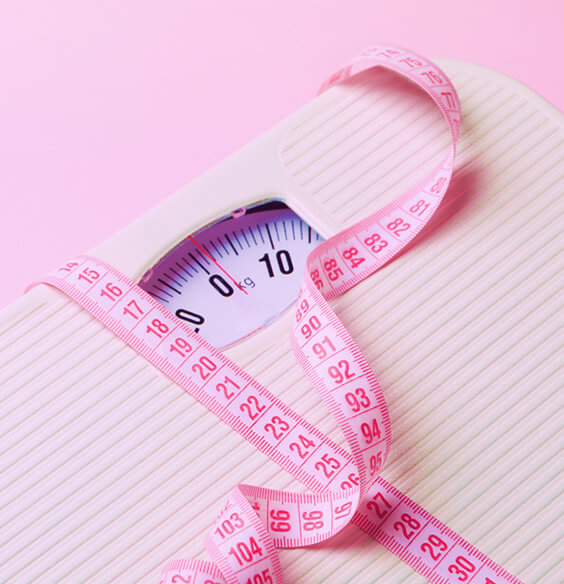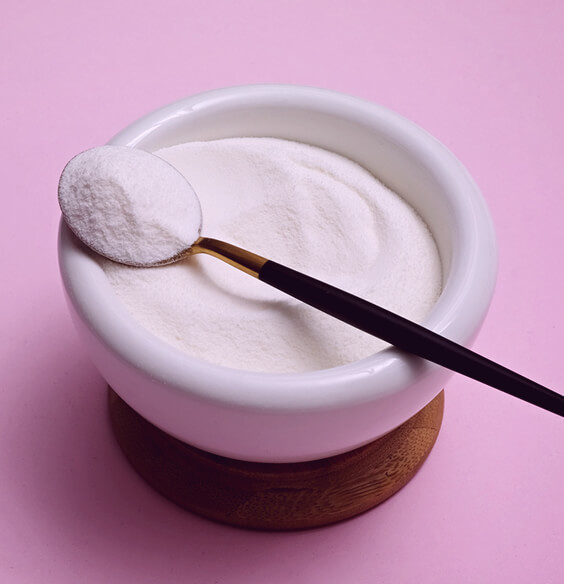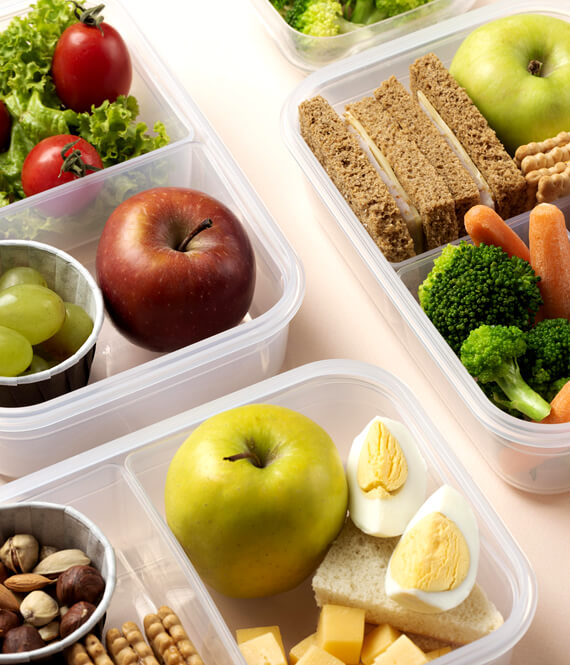
Can Gluten-Free Diet Help You Lose Weight?
We recommend helpful products in our articles. Read our full disclosure here. The content on this website is not intended to be a substitute for professional advice, diagnosis, or treatment.
Many people who follow a gluten-free diet do so for medical reasons.
Either they are gluten-intolerant or they have celiac disease.
The most extreme cases have severe symptoms that affect their ability to lead normal, healthy lives.
The way their body is unable to process gluten can lead to obesity, nausea, constipation, insomnia, extreme weight loss, diarrhea, sleepiness, etc.
Once they switch to a gluten-free diet, they start to lose weight if they were obese or gain it if they were skinny, to begin with.
As their body begins to function normally, they can sleep better, be more energized, and overall have a greater quality of life.
The majority of this transformation happens during the first month when people with celiac disease can experience weight loss/gain of 15-20 pounds.
Why and How Can Gluten-Free Diet Help You Lose Weight?
To inform you right at the start, there isn’t a study supporting the relation between weight loss and a gluten-free diet.
But many claim to have seen this work for non-gluten-intolerant patients as well.
The gluten-free diet is not so much about eliminating gluten from your diet, but about making healthier life choices.
What these dietary restrictions accomplish is basically make you look for healthy alternatives and commit to losing weight.
It takes time, patience, and practice, but after a certain period, you will make it.
Go Completely Gluten-Free
Gluten can be found in trace amounts in the most unbelievable places.
So you have to be willing to fully commit to going gluten-free.
That will often require not to get take-out or go to restaurants, as some prepare gluten-free ingredients in a way that the finished product contains gluten.
A great example of this is the rice used for sushi.
Rice normally doesn’t contain gluten, but for sushi, it is prepared with soy sauce or wheat vinegar that does.
Find Healthier Replacements Even for Gluten-Free Products
For the purposes of losing weight, a gluten-free diet is great, but only if you look for healthier alternatives.
Replace jam with smashed avocado and mayonnaise with hummus. (Also, check the label for hummus, it is normally gluten-free, but not always.) Quinoa and amaranth are great healthy alternatives to rice.
Avoid Processed Gluten-Free Products
Since the awareness of the celiac disease is on the rise, many food producers have started to take notice of the market’s potential.
Naturally, there are many gluten-free processed foods you can now buy.
This is a great substitute for people who actually can’t eat gluten.
But if you are only looking to lose weight, processed products, even if gluten-free, won’t be of much help to you.
They will still contain sugars and fats, and be high in calorie count.
Basically, they will make you gain weight rather than lose it.
Cut Sugar Out
Cutting out sugar completely is hard.
However, it will help not only with weight loss but will also naturally whiten your teeth.
To get the daily dose of sugar you require to function normally, eat fruits that contain fructose.
Fructose is not a harmful type of sugar, unlike saccharose, and will give your body enough energy.
Fruits also contain antioxidants that will help you with eliminating the toxins from your body.
Count Your Calories
If the purpose of your gluten-free diet is to lose weight, then you should watch your calorie intake closely.
Check the recipes that amount to your daily needs or, if using pre-prepared meals, make sure to read the label.
Again, try to consume as many fresh fruits and vegetables as possible.
Exercise Plenty
Exercising is a sure way to lose weight.
It may be light exercises, such as walking, or intense training at the gym.
Afterward, you can take a protein-based shake or smoothie.
Most common foods include bananas, berries, yogurt, coconut milk, almond, and various types of berries.
Obstacles to Overcome
Once you switch your diet to a gluten-free one, you may experience some of the following symptoms: headaches, food cravings, low energy levels, gas, bloating, feeling hungry, etc. it will take your body some time to adjust.
This usually lasts for two weeks.
Weight loss may cause hair loss too, so you will need to modify your gluten-free diet to regrow it.
Luckily for you, most of the foods that help with hair growth happen to be gluten-free, such as fish, fruits and vegetables, and raw meat.
You can avoid this by gradually transitioning and taking out one food at a time.
Once the adjustment period passes, you will see that you sleep through the night, have more energy, and don’t have food cravings.
Overall, you will feel much better.
"We love to research problems, examine studies, analyze solutions, and share with you ideas that make life healthier. You can learn about us and our editorial standards here. Have suggestions or feedback to share? Send us a message!."













Leave a Comment